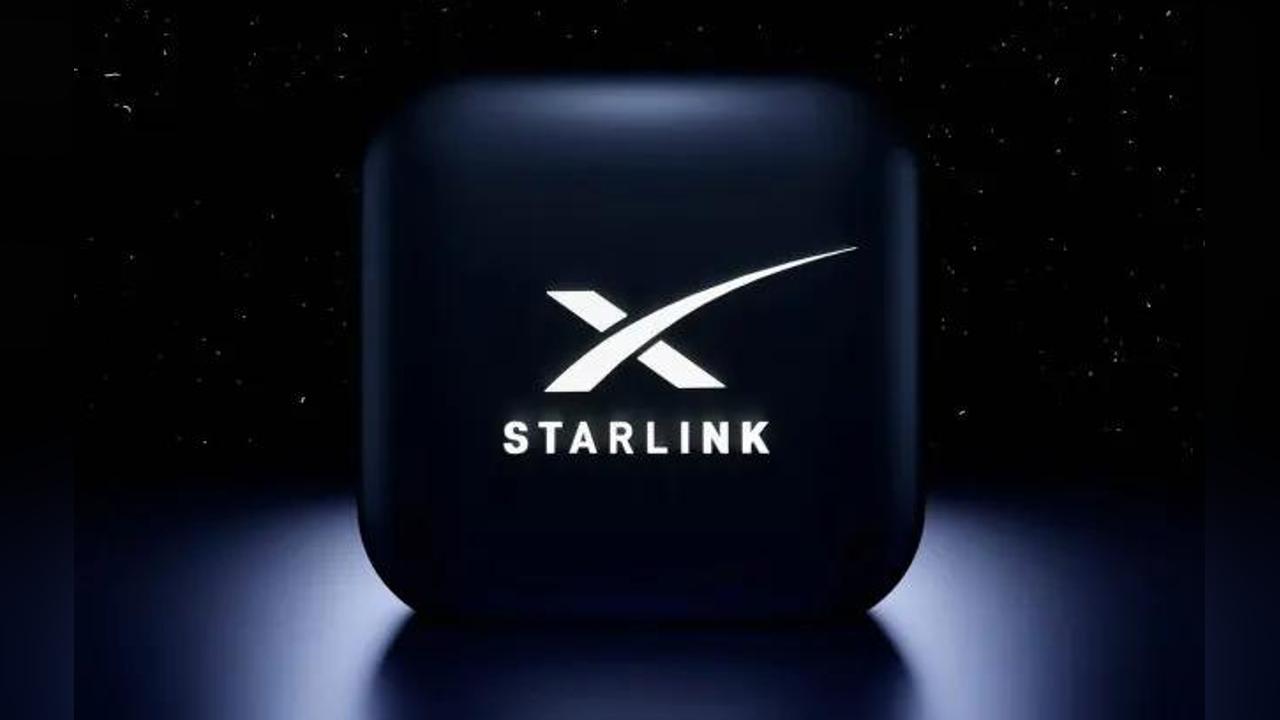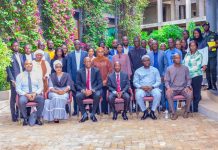Africa-Press – Gambia. South Africa’s decision to permit multinational technology corporations to bypass strict Black Economic Empowerment ownership requirements through alternative investments has triggered intense controversy and accusations of preferential treatment for Elon Musk’s Starlink.
Communications Minister Solly Malatsi announced the policy amendment on May 23, framing it as enhancing investment flexibility by allowing Equity Equivalent Investment Programmes (EEIPs) within the ICT sector. Critics, however, allege the move is a specific concession to Starlink, potentially influenced by diplomatic engagements involving President Cyril Ramaphosa and former U.S. President Donald Trump. Malatsi maintains the amendment was long-planned.
The change marks a significant departure for the ICT industry, which traditionally mandated a minimum 30% Black ownership under Broad-Based Black Economic Empowerment (B-BBEE) rules, designed to redress historical economic exclusion. EEIPs, common in sectors like finance, permit multinationals unable to cede equity due to global structures to instead contribute equivalent developmental funding. Extending this exception to ICT has drawn sharp criticism.
Luvo Grey, president of the National Youth ICT Council, voiced strong opposition: “If this is truly being done to accommodate Starlink, then we have to ask if we’re trading away our digital sovereignty to appease a foreign billionaire. It’s a betrayal of the local entrepreneurs and youth-led businesses that have worked hard to meet the original 30% ownership threshold.” Grey highlighted the lack of a robust regulatory framework for EEIP enforcement in ICT, echoing previous BEE Commission concerns about weak monitoring. He warned that without strict, legally binding oversight ensuring transparency and tangible benefits for local small businesses and youth, EEIPs risk becoming ineffective gestures.
Industry stakeholders fear the policy will create an uneven playing field. Youth-owned and Black-owned Internet Service Providers (ISPs), built under the existing B-BBEE rules, now face potential disadvantage against multinational entrants like Starlink operating under different requirements.
“If Starlink or similar firms are granted special concessions, we’ll be left with a two-tier market — one for locals playing by the rules and another for foreign entrants bypassing them,” Grey stated. Legal experts further caution that such high-profile exceptions undermine the legislative consistency of South Africa’s broader economic transformation framework, setting a dangerous precedent for other sectors.
The Department of Communications and Digital Technologies has not yet detailed EEIP evaluation or enforcement mechanisms under the new amendment, leaving industry leaders and advocates demanding transparency and a recommitment to the policy’s original redress goals. This shift occurs against the backdrop of B-BBEE’s foundational aim to foster equitable economic participation for Black South Africans decades after apartheid.
For More News And Analysis About Gambia Follow Africa-Press






